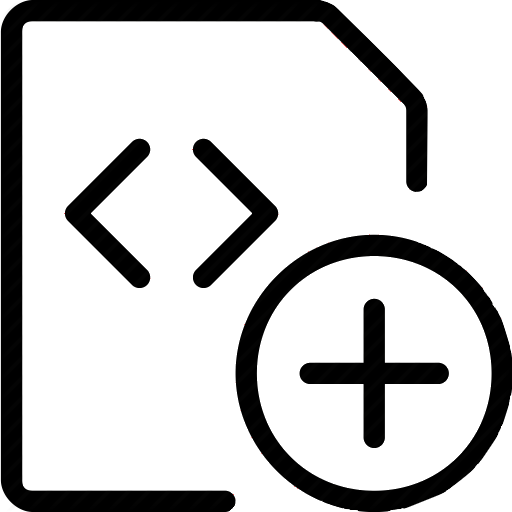
Resolution of lexical ambiguity, commonly termed ``word sense disambiguation'', is expected to improve the analytical accuracy for tasks which are sensitive to lexical semantics. Such tasks include machine translation, information retrieval, parsing, natural language understanding and lexicography. Reflecting the growth in utilization of machine readable texts, word sense disambiguation techniques have been explored variously in the context of corpus-based approaches. Within one corpus-based framework, that is the similarity-based method, systems use a database, in which example sentences are manually annotated with correct word senses. Given an input, systems search the database for the most similar example to the input. The lexical ambiguity of a word contained in the input is resolved by selecting the sense annotation of the retrieved example. In this research, we apply this method of resolution of verbal polysemy, in which the similarity between two examples is computed as the weighted average of the similarity between complements governed by a target polysemous verb. We explore similarity-based verb sense disambiguation focusing on the following three methods. First, we propose a weighting schema for each verb complement in the similarity computation. Second, in similarity-based techniques, the overhead for manual supervision and searching the large-sized database can be prohibitive. To resolve this problem, we propose a method to select a small number of effective examples, for system usage. Finally, the efficiency of our system is highly dependent on the similarity computation used. To maximize efficiency, we propose a method which integrates the advantages of previous methods for similarity computation.